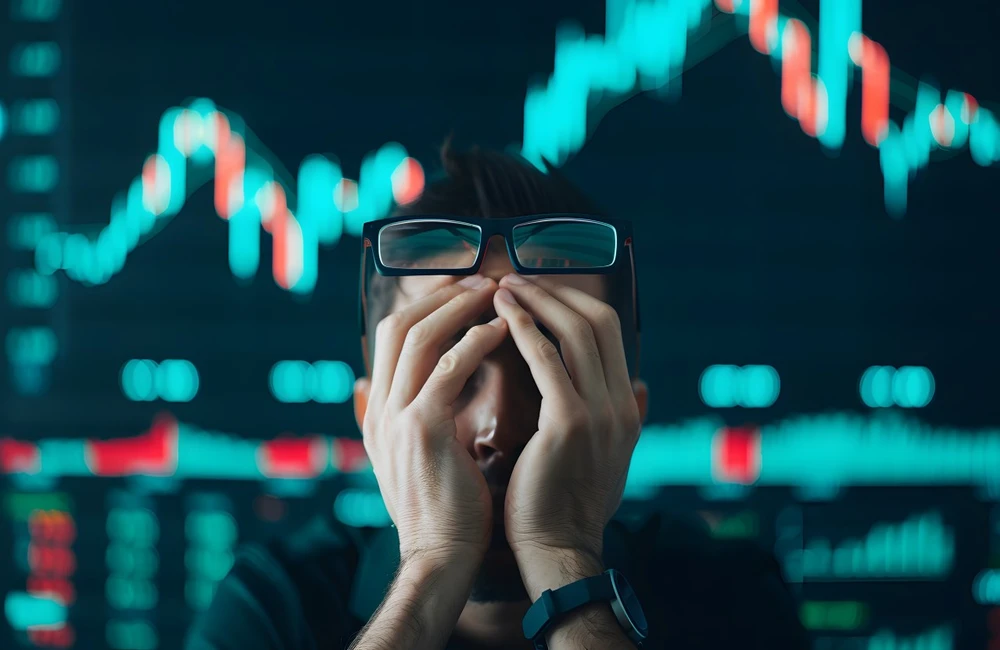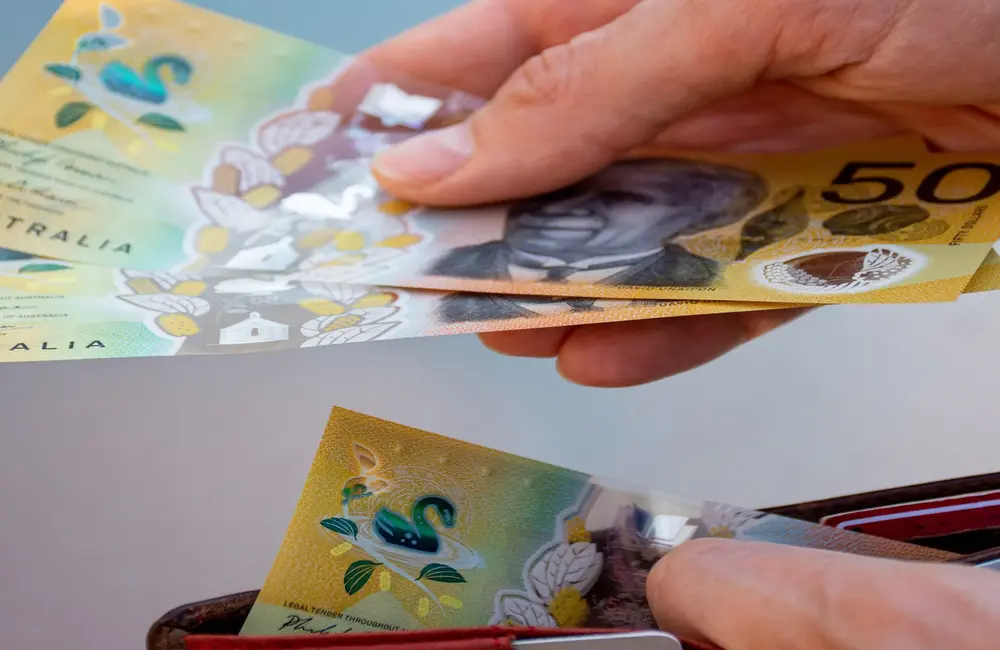Federal energy minister Chris Bowen says any moves would be about relieving cost-of-living pressures on Australians, who are being squeezed by the Ukraine conflict.
“These are not measures that we take with much enjoyment, obviously. We’re considering these steps to reduce energy prices. That is why we have been scrutinising very, very carefully all the options and the ideas,” Mr Bowen said before a meeting of energy ministers on Thursday.
They include a suspected limit on the wholesale price of domestic gas at somewhere between $11 and $13 per gigajoule and a possible demand for some form of domestic supply guarantee from producers.
Gas price settings ‘immaterial’ for E&P cos
Mark Taylor, an equity analyst, says the proposed gas price cap would not have a material negative impact on the Australian exploration and production companies it covered.
We maintain our AUD 28.50 fair value estimates for no-moat rated Woodside (ASX:WDS), Santos (STO), and Beach Energy (BPT).
“These companies have largely marketed domestic gas sales and on average at prices set well below the cap level,” Taylor said.
They’ve been mindful to avoid gouging the market specifically to forestall this sort of government intervention.
Taylor highlighted two things when it came to the price caps and if they were going to affect the producers at all:
- Percentage of revenue at risk at a price cap
- How cap will affect margins
- Percentage of gas exposure
Taylor says the exposure to domestic gas for Woodside is also small with around 20 percent of all gas production.
Even after its merger with BHP Petroleum, which brings in more LNG assets, Australian domestic gas sales account for only some 7 per cent of Woodside's total sales revenue.
Adverse effects of the caps will also be negligible for Santos, just as for Woodside, according to Taylor, with domestic gas revenue making up less than 20% of the whole of the company.
Beach includes more than 40% domestic gas by revenues. Named by Taylor as the Australian listed E&P producers with the most domestic market exposure are Beach Energy, Victoria Oil & Gas, and Senex Energy.
Beach Energy (BPT)
: 4; Share price: $1.13
Taylor noted: Beach Energy has the highest domestic market exposure of Australian listed E&P producers, as more than 40% of revenues are domestic gas. But Taylor notes the company is well capitalized and has cash flow positive operations that are expected to hold their own.
Margins
Margins are the second consideration, Taylor says, pointing out that those more exposed to the domestic energy market see tighter margins.
“Margin is far less for a domestic gas business than an export one, so that breadwinner contributions for gigajoules are lower,” he said.
Beach Energy's profit margin is lower than Santos and Woodside's owing to its higher exposure to domestic gas.
“Factoring in the lower domestic gas margins, domestic gas in profit contribution is less than 5 percent of Woodside’s total, less than 15 percent of Santos’ total and only just over a quarter of Beach Energy’s total,” Taylor said.
“With outlook for pricing of domestic gas substantially lower than $11 to $13/gigajoule, Taylor said the proposed limit of $11 to $13 per gigajoule does not affect fair value estimates for these companies.
Risks posed by the price caps
Taylor admits that the covered companies aren’t expected to be affected by the price caps, but there is still the “slight threat” that insurance companies like AIA or Nippon Life might see some impact from the price cap on imported drugs.
Current estimates for achieving domestic gas prices for Woodside, Santos, and Beach Energy, are already lower than the government's target cap, so Taylor says all three would be relatively unaffected by caps.
But there would be a consequence if there were a situation where prices acquired were above the cost cap. In Q2 2022, that average price outperformance of Woodside did rise to be close to the lower end of the suggested cap, according to Taylor.
“This was after the BHP Petroleum merger which put Bass Strait gas on the balance sheet,” Taylor said.
“But this level of price achievement and activity we’d view very much as a one-off and 3Q22 prices had already dropped a lot.”
Another threat identified by Taylor was the potential for the arrangement to involve domestic producers providing some guarantee of supply to the local market, which could in turn lead to lower profits for exporters if they sacrificed margins in the export sector to cover themselves for domestic needs.
“But we don’t see this being more than a one-off problem,” he said.
“High prices and perceptions of undersupply are just likely to heighten the odds of new developments and possibly reduce regulatory barriers.”
Undervalued gas producers
According to Woodside, Santos, and Beach Energy are all undervalued. Woodside and Santos are both trading as four stars, while Beach Energy has a five-star rating.
The only sector on the ASX which has fared worse this week has been energy, with Woodside, Santos, and Beach Energy down 4.5%, 3.9%, and 9.1% over the past five trading sessions.
Woodside is trading at a 16% discount of $43.00 fair value estimate. Santos is currently trading at a 37% discount to its fair value of $11.30 as is Beach Energy, which is trading 45% below fair value estimate of $3.00.
























